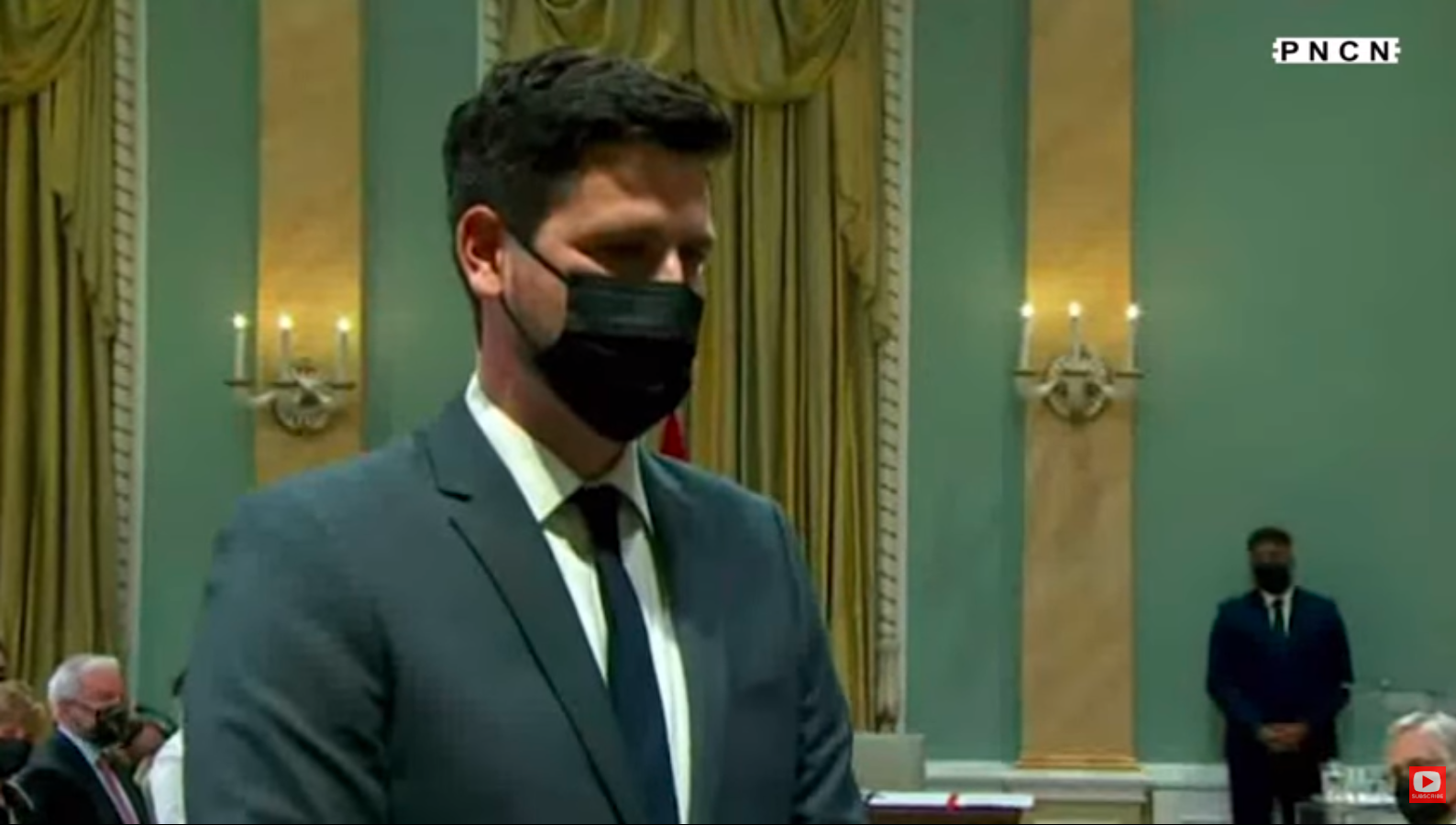Newly appointed Ministers are subjected to much unsolicited advice. Sean Fraser, just appointed this week as Minister of Immigration, Refugees and Citizenship Canada (IRCC), can add this article to his pile of to-be-read advice.
Last week a report titled, “IRCC Anti-Racism Employee Focus Groups” was quietly added to the government of Canada’s website. Marco Mendicino, the outgoing IRCC Minister, did not hold a press conference nor issue a news release to address the report’s damning findings. I recommend that you read it, but it is not posted on the IRCC website. You will find it buried in a government of Canada publication site. In the government of today, good news turns into press releases and photo opportunities. Bad news goes to the government archive to die quietly of neglect.
After holding focus groups with self-selected IRCC workers, the report found, in part, that racialized workers at IRCC had limited growth opportunities, were subjected to racist tropes and comments, and lacked specific processes for management to deal with complaints about racism. The Office of Conflict Resolution, which does exist, assists with information on how to make complaints but has “no power to act.” There are also allegations about how this toxic culture may affect the way IRCC processes applications.
It may be 2021, but for this Ministry, it may as well be 1971, the year when Canada’s multiculturalism policy was adopted. In response to the report, IRCC’s communications professionals sent out the usual statements about taking the report “very seriously” and promising rather vague future action.
My first piece of advice to the new Minister is for him to get in front of this growing problem and to make it a priority in his mandate. With a budget of more than $2 billion and over 7,000 employees, not having clear anti-racism policies that identify how to make complaints, transparent processes to be followed, and consequences for racist behaviour, is simply not acceptable.
These findings are “indicative, rather than definitive,” the report notes. We need to find out what is definitively happening.
While IRCC virtue signals how much it is doing to help new immigrants and refugees (many of them racialized) come to Canada, it should not forget that until 1967, Canada’s immigration policies were race-based. For immigrant communities in Canada, the Japanese Internment, the Chinese Head Tax, and the Komagata Maru Incident are not just distant memories but a part of lived, generational histories.
Canada, as a state, has repeatedly apologized for its conduct and pledged to do better. So, do better.
The report’s finding that participants shared stories of implicit racial biases among decision makers, “as well as administrative practices that introduce biases or other potential for bias over time,” might be the most serious systemic problem highlighted.
IRCC is very quickly moving towards using machine driven, artificial intelligence (AI) decision making for many of its visa streams. Human biases influence how AI is programmed and implemented. Experts at the University of Toronto International Human Rights Program have already identified that IRCC is a “high-risk laboratory” for such experiments in decision making.
More recently, IRCC has begun to implement a “Chinook” database process which destroys “transitory working notes” and attempts to limit how visa officer decisions can be appealed. These processing changes, implemented and about to be implemented, are a recipe for disaster when IRCC itself is being accused of racist behaviour by its own workers.
A second piece of advice for the Minister is to point out that IRCC’s overseas visa offices have a systemic problem. These visa offices have long been rumoured to act in a racially biased manner towards racialized applicants. Check out the IRCC data.
There are significant differentials in visa approval rates around the world. You will see a pattern. In part, the pattern is about those who have economic security and those who do not. The rich versus the poor. But, in part, the pattern is also about race.
If the Minister wishes to instill confidence that fair decisions are being made, he needs to dig deeper into what his own workers are telling him in this report. The process will be difficult and there will be much resistance, but the Minister must champion these issues as a priority.
As I wait for the new Minister’s Mandate Letter to be released, I urge him to make his own mandate priority: find out more about racism at IRCC and work to eliminate it. The legacy of his tenure may rest on what he did, and what he refused to do.

Zool Suleman
Mr. Suleman is a member of the Law Society of British Columbia, the Canadian Bar Association, and the American Bar Association. He has extensive experience in Canadian immigration law matters and restricts his practice to this area of law.
He has organized seminars, made presentations, and published papers on various immigration topics for the Continuing Legal Education Society of British Columbia, the Canadian Bar Association (at the National and the Regional level), Amnesty International, Insight Seminars, and the American Immigration Lawyers’ Association (at the National level).
Mr. Suleman is often called upon to comment on Canadian Immigration topics and has done so for regional, national and international media outlets.




